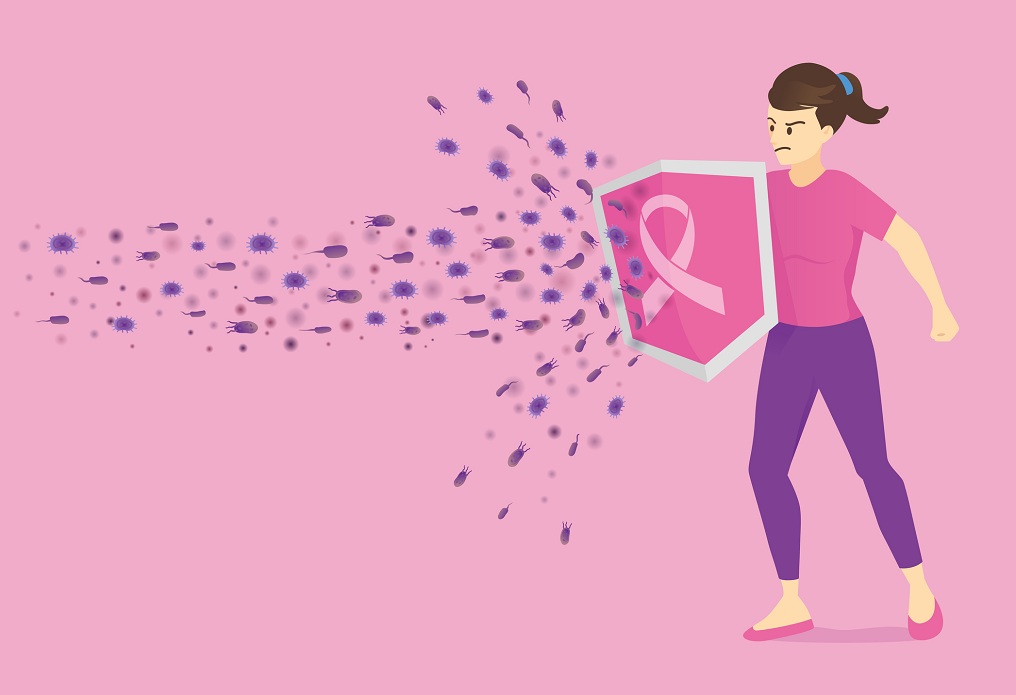Role of Radiation Therapy in Breast Cancer
Apr 19, 2022
Radiation therapy treatment is a painless treatment delivered with the help of high-energy rays (such as x-rays) or particles that destroy cancer cells.

Radiotherapy for breast cancer
Radiation therapy to the breast can be done in two ways.
- External beam radiation
- Internal radiation or Brachytherapy
Not all breast cancer patients require radiotherapy, but it may be used in several situations, like after breast-conserving surgery (BCS). If you had BCS, you will most likely have radiation to the entire breast (called whole breast radiation) so that the cancer does not come back.
After a mastectomy, especially if the cancer was larger than 5 cm (about 2 inches), or if cancer is found in the lymph nodes If you had a mastectomy and no lymph nodes had cancer, radiation is focused on the chest wall and the mastectomy scar.
If cancer was found in the lymph nodes i.e. under the arm (axillary lymph nodes), this area may be given radiation as well in both BCS and mastectomy cases. In higher stage cancers the area treated might also include the nodes above the collarbone (supraclavicular lymph nodes) and the nodes beneath the breast bone in the center of the chest (internal mammary lymph nodes).
Radiation may also be given in some cases if cancer has spread to other parts of the body, such as the bones or brain.Radiation therapy is a painless and an OPD procedure and each treatment lasts usually around 10-15 minutes. It is usually the last to be given after surgery and chemotherapy.It is usually given 5 days a week(Mon-Fri). Radiation treatment for breast usually lasts for around 4-5 weeks.
Side Effects of Radiation
Acute Radiation side effects include change in nausea, vomiting, skin coloration while in chronic side effects include breast hardness, Lymphedema, brachial Plexopathy,Pneumonitis and cardiac morbidity.
But with newer techniques like 3DCRT(3 Dimensional Conformal Radiotherapy), IMRT(Intensity Modulated Radiotherapy),IGRT(Image Guided Radiotherapy), VMAT(Volume Modulated Arc Therapy), we have been able to greatly reduce the dose to nearby normal structures without compromising on the dose to the target(Tumor bed). This has greatly reduced both the long term and short-term side effects thus improving overall quality of life.









